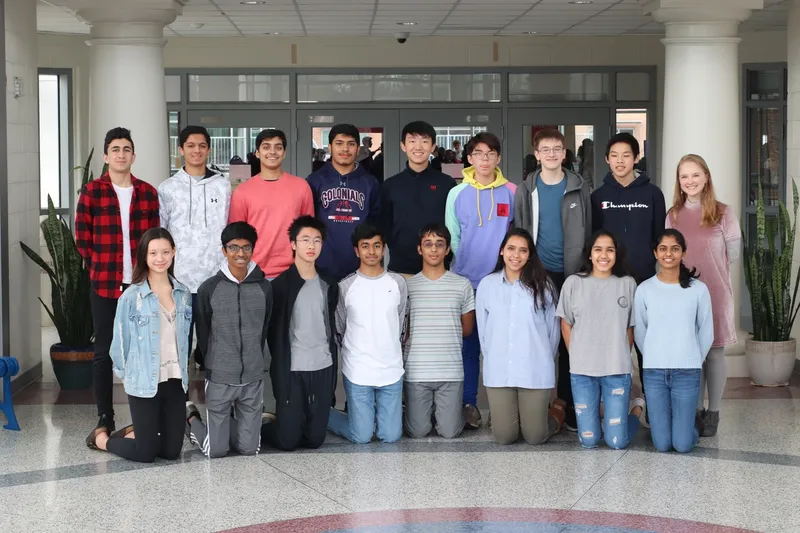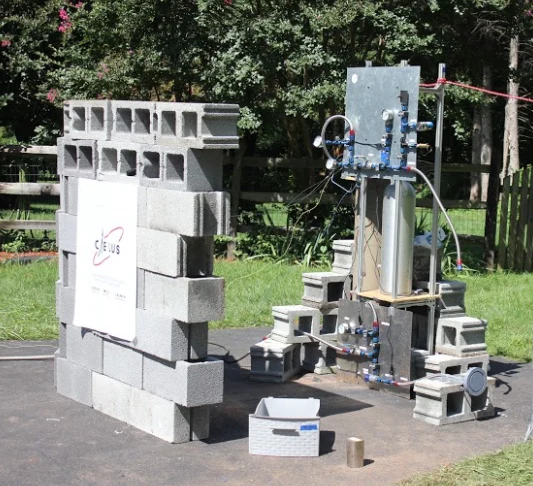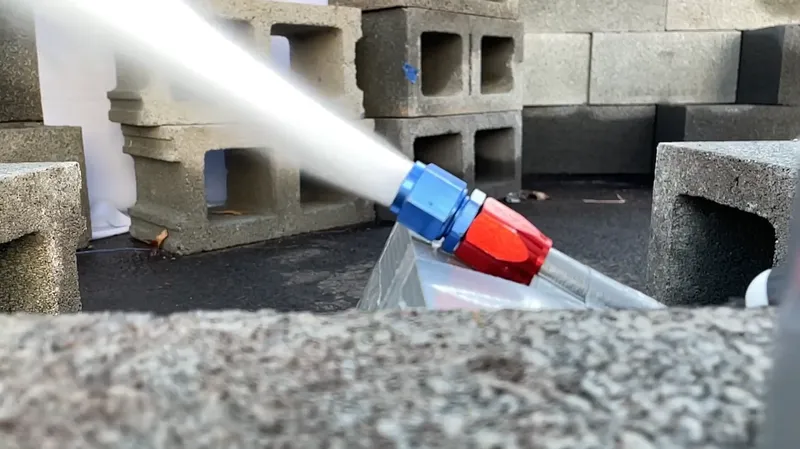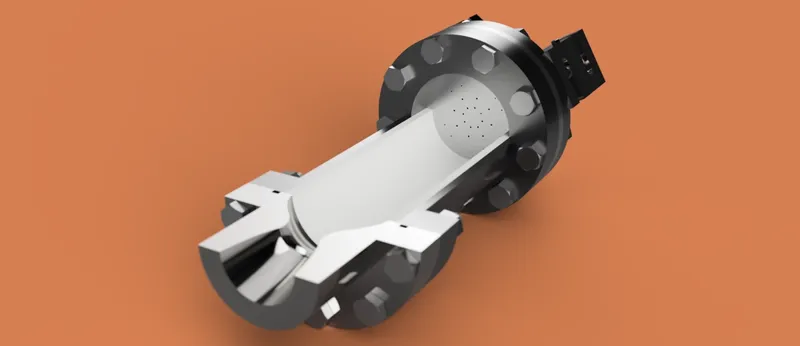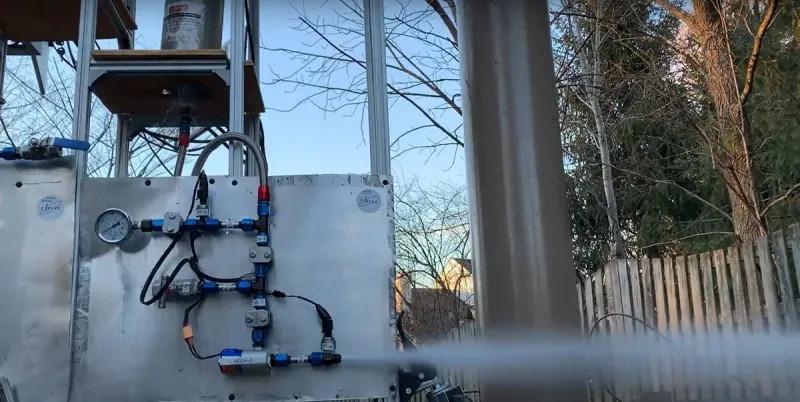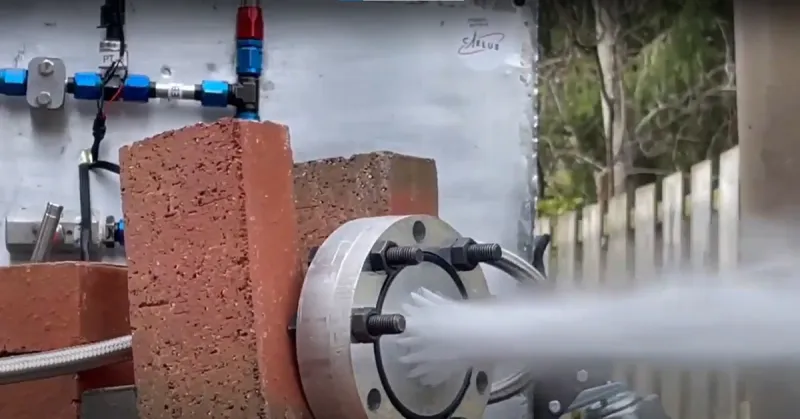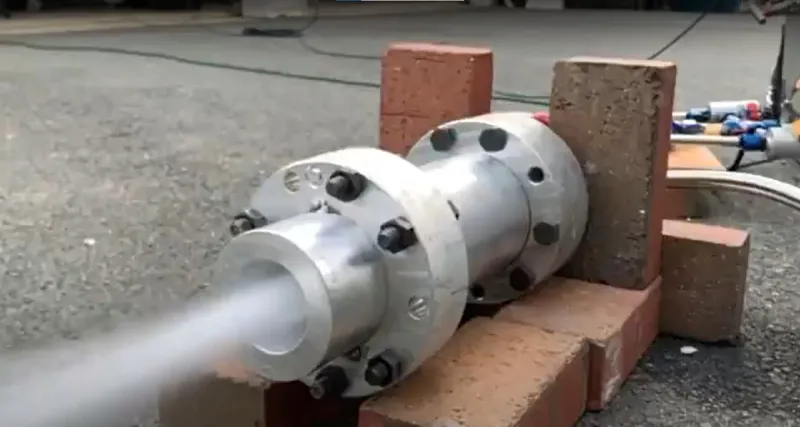With the team's growing experience and grasp of rocket science, we tackled an engine redesign to optimize our engine's performance with our hardware constraints. With this process, we increased our planned thrust from 1,500 to 2,500 Newtons and the Aphlex 1C engine has the potential to reach our target altitude of 5,000 feet with continued improvements.
